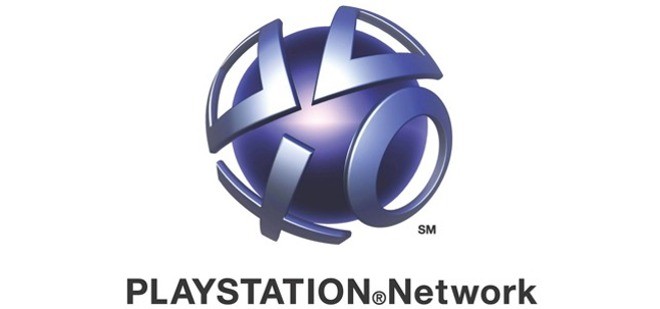New PSN Agreement Prevents Users From Filing Class Action Lawsuits Against Sony

They always say you should read the fine print in Terms of Service agreements, but how many of us do? As it turns out, by agreeing to the new PSN user agreement, you're forfeiting some of your legal rights.
Starting today, there is an update being implemented to the PlayStation Network Terms of Service. Buried in the text is a clause that essentially forbids users from taking part in a class action lawsuit against Sony.
Here's the text:
ANY DISPUTE RESOLUTION PROCEEDINGS, WHETHER IN ARBITRATION OR COURT, WILL BE CONDUCTED ONLY ON AN INDIVIDUAL BASIS AND NOT IN A CLASS OR REPRESENTATIVE ACTION OR AS A NAMED OR UNNAMED MEMBER IN A CLASS, CONSOLIDATED, REPRESENTATIVE OR PRIVATE ATTORNEY GENERAL LEGALACTION, UNLESS BOTH YOU AND THE SONY ENTITY WITH WHICH YOU HAVE A DISPUTE SPECIFICALLY AGREE TO DO SO IN WRITING FOLLOWING INITIATION OF THE ARBITRATION. THIS PROVISION DOES NOT PRECLUDE YOUR PARTICIPATION AS A MEMBER IN A
CLASS ACTION FILED ON OR BEFORE AUGUST 20, 2011.
However, there is a way to opt out of this portion of the agreement. However, as is often the case, it takes a lot of legwork on the part of the user. Here are the details:
IF YOU DO NOT WISH TO BE BOUND BY THE BINDING ARBITRATION AND CLASS ACTION WAIVER IN THIS SECTION 15, YOU MUST NOTIFY SNEI IN WRITING WITHIN 30 DAYS OF THE DATE THAT YOU ACCEPT THIS AGREEMENT. YOUR WRITTEN NOTIFICATION MUST BE MAILED TO 6080 CENTER DRIVE, 10TH FLOOR, LOS ANGELES, CA 90045, ATTN: LEGAL DEPARTMENT/ARBITRATION AND MUST INCLUDE: (1) YOUR NAME, (2) YOUR ADDRESS, (3) YOUR PSN ACCOUNT NUMBER, IF YOU HAVE ONE, AND (4) A CLEAR STATEMENT THAT YOU DO NOT WISH TO RESOLVE DISPUTES WITH ANY SONY ENTITY THROUGH ARBITRATION.
This move is likely a reaction to the class action lawsuit filed by some PSN users following the hacking scandal earlier this year in which user data and, in some cases, credit card information was compromised.
Source: Examiner.com
[Thanks to GI reader Joe for the news tip]

Get the Game Informer Print Edition!
Explore your favorite games in premium print format, delivered to your door.
- 10 issues per year
- Only $4.80 per issue
- Full digital magazine archive access
- Since 1991









